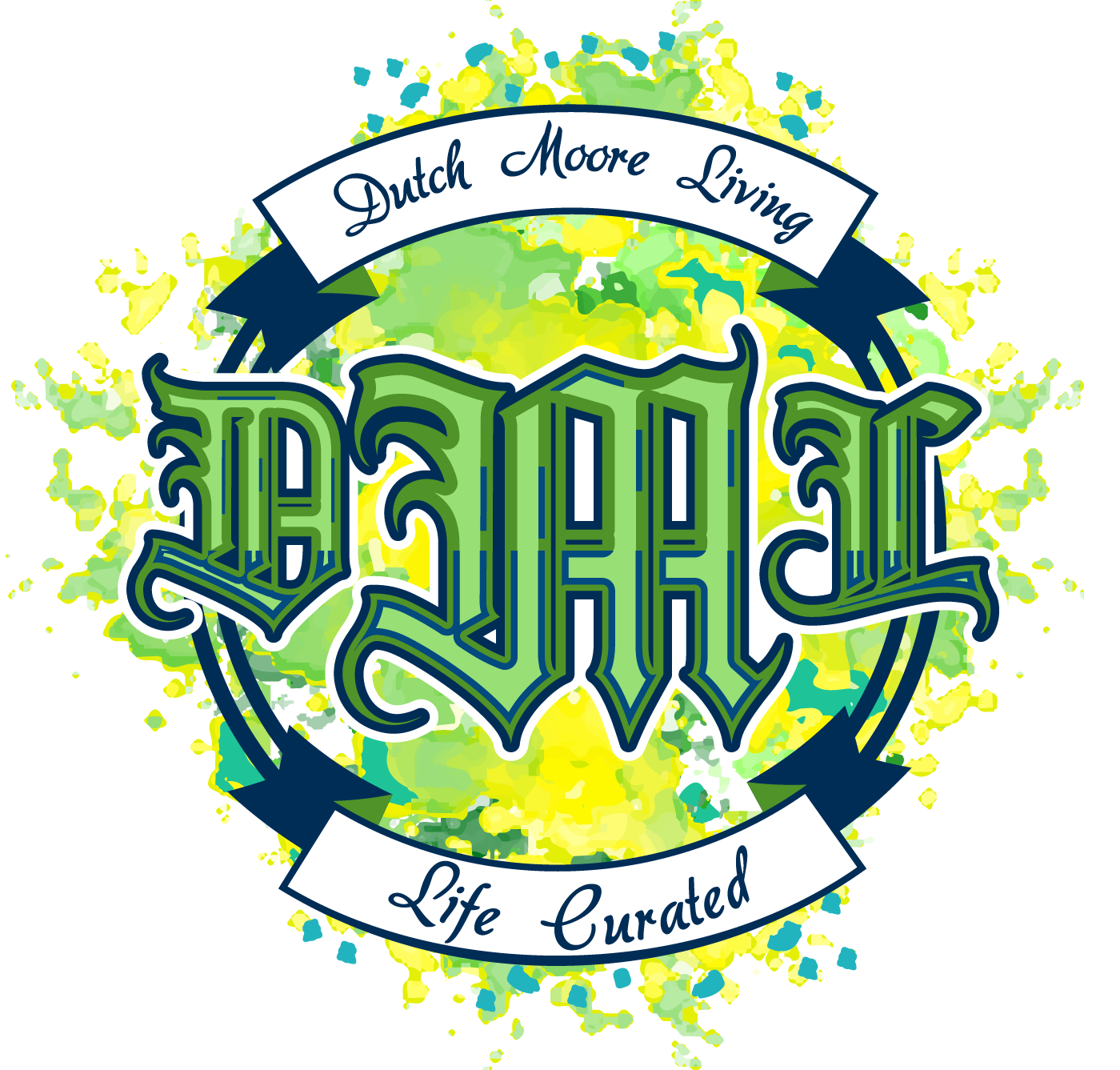Much has been written about these two magical letters: N and O. They get a lot of heat and take a ton of crap. These two members of the alphabet, when combined, can be a powerful and sometimes destructive couple.
I’ve learned that it’s harder to say no when I am personally at my lowest. Saying yes is easier, preventing the need to explain myself, provide an excuse, or worse, lie about why I said no.
As I grow older, wiser, and candidly more confident in my experimental journey, I’ve grown comfortable and strangely attached to the magic of NO.
Saying no gives me freedom. It’s empowering. No is automatic exit strategy, an avoidance route that prevents trainwrecks, drama, and aggravation.
Learning to use one’s words, such as no, is an important skill in life. My education didn’t start until my neurodivergence diagnosis. Historically, I said yes to all the things including bad relationships, crappy jobs, betraying friendships, and even self-destructive family members.
Recently, my new skill set of verbal avoidance came in handy. Recruiters have started their pre-year resume collection activities. I’ve heard from three to four in the past couple of months.
Most are cordial and respectful when I decline their inquiries, especially when I tell them I’m happy and it would take a mountain of cash to move me. However, one was not satisfied with my no.
I did my homework ahead of the conversation, after receiving an email, and found that someone I terminated at a previous employer was working at this firm. Immediately, I declined to meet with the recruiter, who was not willing to take no for an answer and called me.
She explained that the search was for a replacement for this individual in question; they were parting ways. Fitting, I thought, since it took me almost one year to relieve the organization of this destructive, unproductive person. I cringed at the thought of having to once again clean up after this human.
Respectfully, I listened to her talk about the opportunity, the culture, and the expectations: five days a week in an office (which is really a storefront in a sketchy location) along with frequent, bi-weekly travel to SOCAL. No.
I am happy. Very happy. I love my current role and the flexibility I have of working from home with unstructured requirements of in-office time. My leadership team values and appreciates me. They treat me like an adult and do not micromanage me. So, no.
Relentless in her pursuit, after being turned down for a second time, the recruiter changed up the ante and offered a slimmed down office requirement and met my current travel schedule to once a quarter. Yeah, no.
After replaying the desperate voicemail, she left for me, I sat back and thought a bit more about whether I should reconsider. The financial offer was significantly higher than my current salary. As I rehashed the recruiter’s words, anxiety came over me and my body started to ache. Hold that thought, I said to myself, and then let it go. My answer is no.
I did not return her call. My no would stand. I was not interested in the position. For once in a very long time, I am truly happy with my career choices and the life it allows me to live. I have time for friends, passions, and my evolving entrepreneurial pursuits. My team and my leaders often ask me about my business and professorship; they are some of my biggest cheerleaders.
Subsequently, my leadership team called me out of the blue to say how important I am to the firm and how they appreciated all my efforts in support of recent initiatives. They committed to taking care of me in the upcoming review year and beyond as the organization wants me to be happy and stay with them for a long time.
Following years of disappointment in my career, and professional development decisions, finally I was in a place where I wanted to positively declare, yes. Sometimes saying no to shiny objects and chasing danger brings you clarity, commitment, and happiness.
Get comfortable with N and O. These letters can be even more powerful than your yes.

